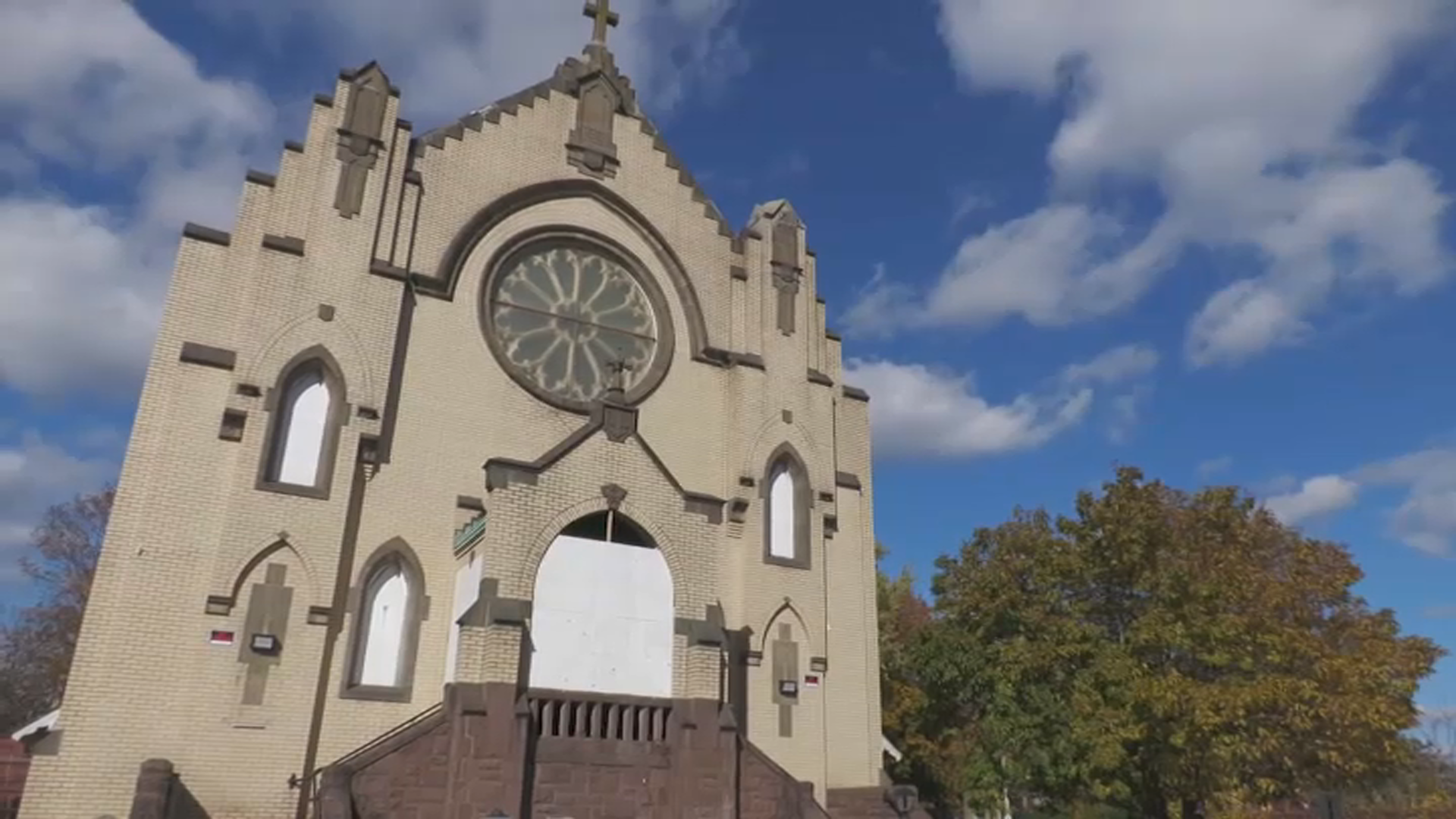More people than ever are picking up their cell phones to make payments. And with the coronavirus crisis, more money is changing hands at a social distance through money transfer apps. But a Hartford man has a warning for after hundreds of his hard-earned dollars didn’t make it into the right hands.
“I mean I was a huge fan of Cash App,” said Eric Crawford, who currently runs a family resource center in Hartford.
The former member of the state Board of Pardons and Paroles came to NBC CT Responds after he experienced an issue with the money transfer app.
“$500 for anybody is a decent amount of money, but it wasn’t life changing for me, but it would have been life changing for somebody else in my community.”
Get Connecticut local news, weather forecasts and entertainment stories to your inbox. Sign up for NBC Connecticut newsletters.
Crawford says at the start of the year he sent a $450 payment to his son’s fitness trainer, Kevin, through Cash App, a payment he regularly made to Kevin through this app.
“The trainer calls me and says, ‘Eric, you didn’t pay the money for your son.” And I said, “Yes, I did.”
Crawford says after checking his Cash App account history, he discovered that the Kevin who received the payment was not the same Kevin as in his phone contacts.
Local
“No telephone number, no nothing, it was just as of somebody just instantly put some kind of fake Kevin on the screen to throw you off,” said Crawford.
Crawford connected with Cash App’s customer service through email, but they said the after investigating his account history they closed the case because he had authorized the transaction.
Despite the money being taken out of his bank account, the payment appears to be pending on the app to this day.
“Where’s the money? He never got it. There’s no email confirmation that I sent it to even this false person,” said Crawford.
NBC Connecticut can’t confirm if the other Kevin ever received the money, what that person’s intentions were, or if this was user error, but Crawford’s adamant it wasn’t his mistake.
Cash App says if a customer is sending money to a person who they think is not in their contact list, they’ll send a double prompt making sure they want to send money to the account.
Crawford says that didn’t happen and his transaction didn’t trigger the typical email notification he would usually receive when he makes a payment.
Cash App won’t comment on individual cases, but in emails to Crawford they suggested he further secure his account.
In a statement, a Cash App spokesperson says: “Preventing fraud is critically important to Cash App. We continue to invest in and bolster fraud-fighting resources by both increasing staffing and adopting new technology. We are constantly improving systems and controls to help prevent, detect, and report bad activity on the platform.”
The state’s attorney general and Department of Consumer Protection warn that using online payment apps does come with risk.
“Remember when you sign up for a credit card or a bank account there usually is a fair bit of protection around those products, which you pay for by the way,” said Attorney General of Connecticut William Tong.
He says there’s a reason why this app and others like Venmo and PayPal have minimal fees.
“When you sign up for something that’s quicker, cheaper, easier, everything about it is quicker, cheaper, easier.”
And with that, Tong says you can’t expect great customer service either.
Tong’s office says they have received eight complaints about Cash App since this summer.
“We’re definitely looking into it and I’m talking to other states about it because even if it’s not illegal, it doesn’t make it right, but at the end of the day, the flip side of that is you’re using something that’s an online app. It’s not a bank. It’s not a credit card company,” said Tong.
He and the state’s Department of Consumer Protection are urging people who use these apps be careful.
“When you’re making payments on an app, all of that responsibility falls on to you,” said DCP Deputy Commissioner Arunan Aulampalam.
They say double and triple check who you’re sending money too, including every detail of the username.
DCP also warns not to send money to people you don’t know.
“Make sure you're verifying where you're sending that money too, because it's in the same ways handing an envelope to somebody who you don't know, you’re literally handing money to somebody else and once that money has left your hands, it’s a lot harder to get it back.”
In addition, they say always use a really strong passwords and two-factor identification if possible.
Crawford says his bank luckily covered his loss, but he hopes telling his story educates the community and helps make change with these apps going forward.
If he knew what he knows now, he says he would never have used a money transfer app.
“This is our hard-earned money. We already got that pandemic and everything else going on,” he said.
From now on, he’ll be paying Kevin the old-fashioned way.
“I’m going back to the old checks and pay by cash routine. I think that’s the safest.”
Cash App tells NBC Connecticut if you believe you have fallen victim to a scam, you should contact them through their app support or website. They say Cash App will never ask customers to send them money. In addition, they said they will never solicit a customer’s PIN or sign-in code outside of the app.



